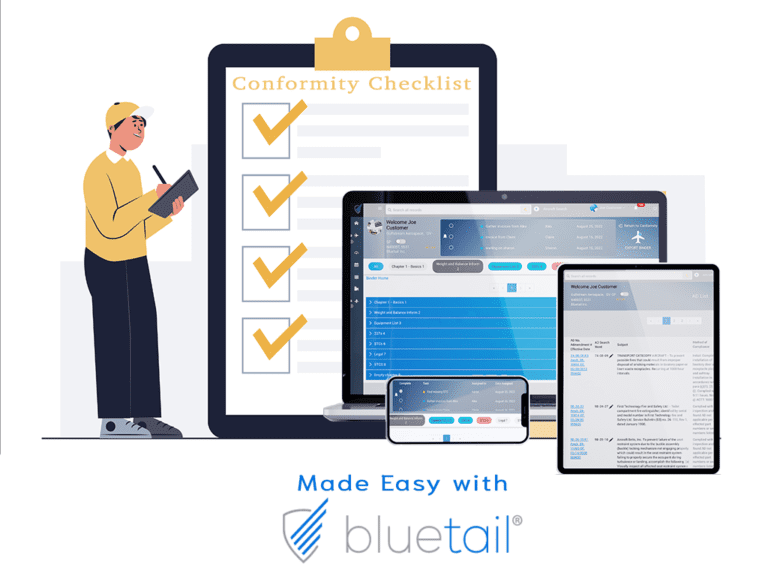
There was a great deal of interest from our most recent blog about the increasing need for aircraft owners and on-demand charter/fractional operators to provide conformity for every aircraft they want to add to an FAA Part 135 charter certificate. If you missed it, here’s the blog.
Many people wanted to know what went into conforming an airplane or helicopter to the FAA’s Part 135 requirements. And why is it so blasted time-consuming?
After all, if all of your logbooks and documents are in order, it shouldn’t be too hard to put together a Part 135 conformity package for FAA approval. Ah, if life were only that easy.
Conformity isn’t just about showing proof that the aircraft can safely fly a Part 135 charter flight. It’s about demonstrating that the aircraft is airworthy and showing that every component on that aircraft meets the strict requirements set forth by the FAA for commercial operations. It’s a whole new world when you put paying passengers on your aircraft.
For example, if you’re operating your Citation as purely Part 91 personal/business use airplane, it’s good to go with the Wichita certificates and documentation. But, once you enter into the Part 135 commercial arena, everything – and I do mean everything – in and on your aircraft is opened up to volumes of regulatory scrutiny.
One such examination area is the hard and soft materials used in your aircraft’s interior. Part 91 operators can decorate their jet’s cabin with any materials they like. On the other hand, aircraft operating on a Part 135 certificate must follow the exact strict flammability requirements (CFR 14 Part 25.853) as a commercial airliner.
And I’m not just talking about the carpeting, upholstery, and paneling. Oh no. The regulations cover every part, component, and material, right down to the throw pillows. If it’s in the cabin, it has to meet the requirements, and the operator needs to verify compliance.
While it may be easy to prove you meet the flammability requirements with a reasonably new aircraft, what about one that had its interior redone two or three times? How much time will you spend digging through boxes of records to locate all that information? More than you want.
But wait, there’s so much more…
When it comes to the FAA’s Conformity checklist, your painstakingly time-consuming to-do list are equally fun tasks, including:
Even on a very well-documented aircraft, this process typically takes many weeks and maybe months to accomplish. The most time-consuming part is locating all the necessary logbook entries and supporting documents including the regulatory forms to verify that life limits, inspection status, and other requirements have been met and adequately documented.
Suddenly, the thought of using your jet as a revenue-producing tool isn’t looking like such a great idea. But wait, there’s an easier, faster, and more cost-effective way to get it all done in a lot less time.
The digital alternative to box diving.
It’s painfully apparent that taking the manual approach to the search and conforming part of the overall Conformity process takes a lot of time and money. It doesn’t have to be that way.
If all of your aircraft’s back-to-birth records are digitized and stored on Bluetail’s secure cloud-based network, the vast majority – well over 50% of the work – can be completed in hours instead of weeks.
Now that puts a whole new light on the Part 135 option. With Bluetail’s digital records search capabilities, your aircraft can be ready for charter much sooner. And, in today’s high-demand charter world, “sooner” means it’s making money faster.
To learn more about Bluetail’s logbook and records digitization services to help with conformity, click here!